P.O.Box AKB377, Akosombo cuddlememontessorie@gmail.com
Islamic Worship at Cuddle Me Montessori School: A Day of Faith and Learning
On March 19, 2025, Cuddle Me Montessori School hosted a significant event that highlighted the integration of Islamic worship into its educational framework. Young learners, guided by their teachers, participated in a prayer session that not only reflected the school’s commitment to nurturing faith but also showcased its innovative approach to early childhood education. This event, held during the sacred month of Ramadan, offered a meaningful opportunity for students to engage with their religious heritage in a hands-on, supportive environment.
Why Muslims Perform Prayers
In Islam, prayer—known as Salat—is a fundamental act of worship and one of the Five Pillars of the faith. Muslims perform Salat to maintain a direct connection with God, seeking guidance, expressing gratitude, and finding peace throughout their day. It is a structured practice that combines specific physical movements—such as standing, bowing, and prostrating—with recitations from the Quran, the holy book of Islam. This ritual serves as a constant reminder of devotion and humility, helping believers align their lives with spiritual values.
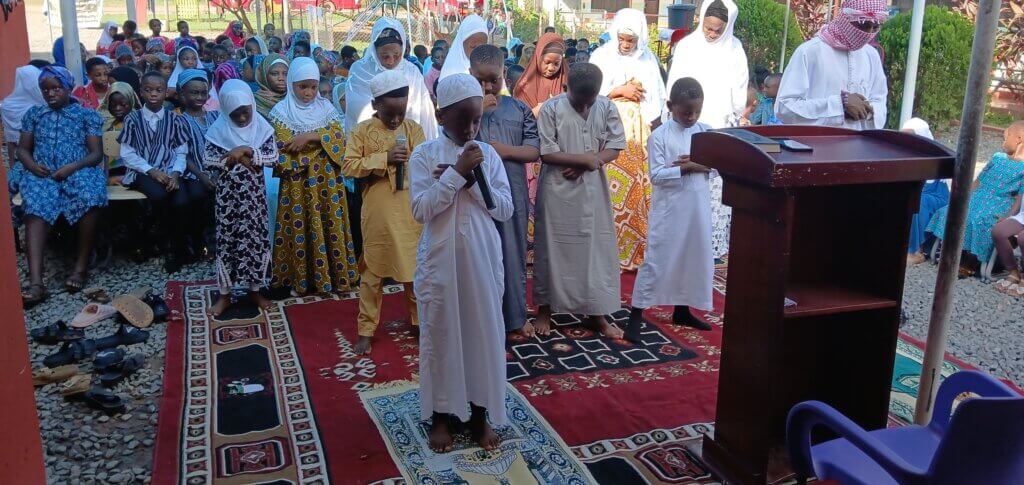
Muslims are required to pray five times daily, with each prayer tied to a specific time of day based on the position of the sun. These prayers are:
- Fajr: Performed at dawn, before sunrise.
- Dhuhr: Conducted at midday, after the sun passes its zenith.
- Asr: Offered in the late afternoon, before sunset.
- Maghrib: Held just after sunset.
- Isha: Performed at night, after dusk.
These five prayers ensure that worship is a continuous thread woven into the fabric of daily life, providing moments of reflection and renewal no matter the circumstances.
The Event at Cuddle Me Montessori School
On March 19, the learners at Cuddle Me Montessori School took part in an Islamic prayer session, supported by their teachers. Given the school’s focus on early childhood education typically serving children aged 6 to 13—the participants were young, making their involvement all the more remarkable. The event occurred during Ramadan, a month of fasting, prayer, and heightened devotion for Muslims worldwide, which likely inspired the school to organize this special activity.
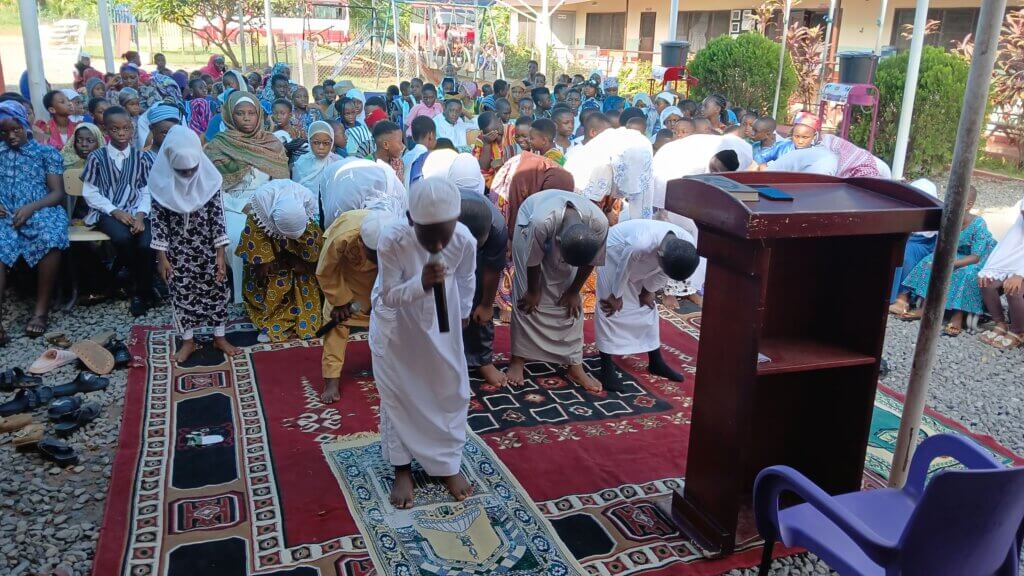
The session began with the ritual washing known as wudu, a prerequisite for prayer in Islam that symbolizes physical and spiritual purification. Teachers guided the children through washing their hands, faces, and feet, using child-friendly materials like small buckets and pitchers. Following this, the students gathered on prayer mats, following their teachers’ lead as they performed the prayer. The atmosphere was one of calm focus, with the young learners reciting sacred words and mirroring the movements of Salat—standing, bowing, and prostrating in unison.
This collaborative effort between students and teachers reflects the Montessori method, which emphasizes hands-on learning and guidance rather than direct instruction. The teachers acted as facilitators, preparing the environment and supporting the children as they explored this important aspect of Islamic worship.

Integrating Faith and Education
Cuddle Me Montessori School’s approach demonstrates how religious practices can enhance a child’s educational experience. The Montessori philosophy, with its focus on practical life activities and self-directed discovery, aligns naturally with teaching young children about prayer. By participating in wudu and Salat, the students engaged in meaningful tasks that fostered discipline, concentration, and a sense of community—values central to both Montessori education and Islamic teachings.
The event also carried broader significance during Ramadan, a time when Muslims deepen their spiritual practice. For the young learners, this was a chance to connect with the traditions of their faith in a tangible way, while for the school, it reinforced its mission to provide a holistic education that nurtures both the mind and the spirit.
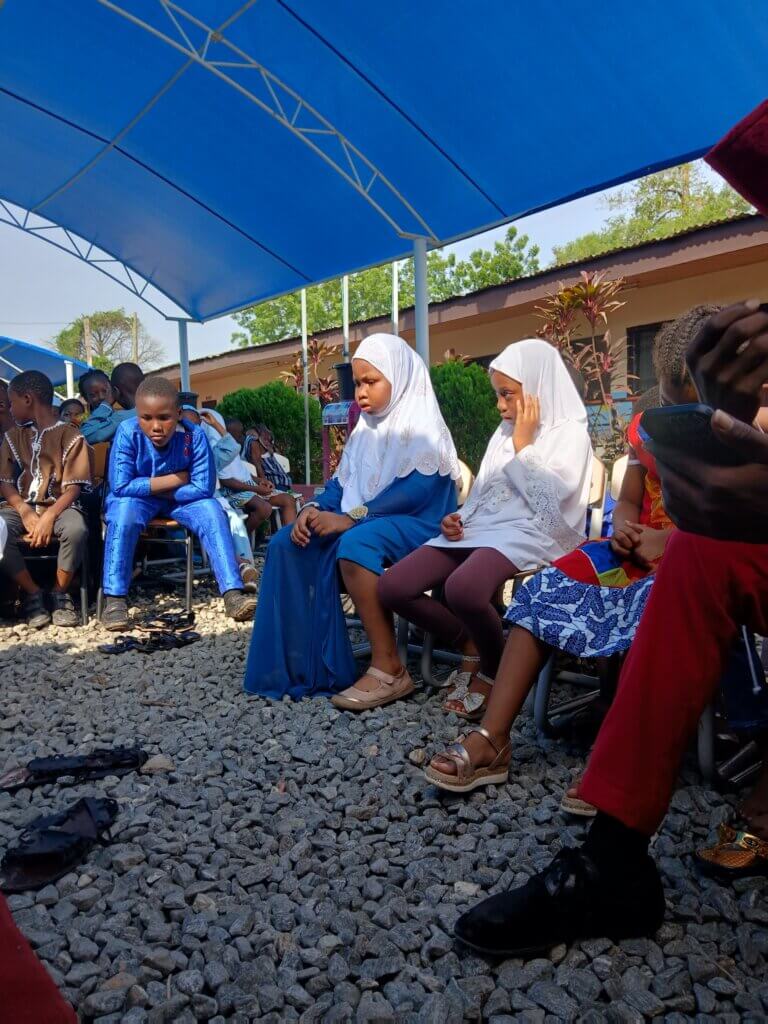
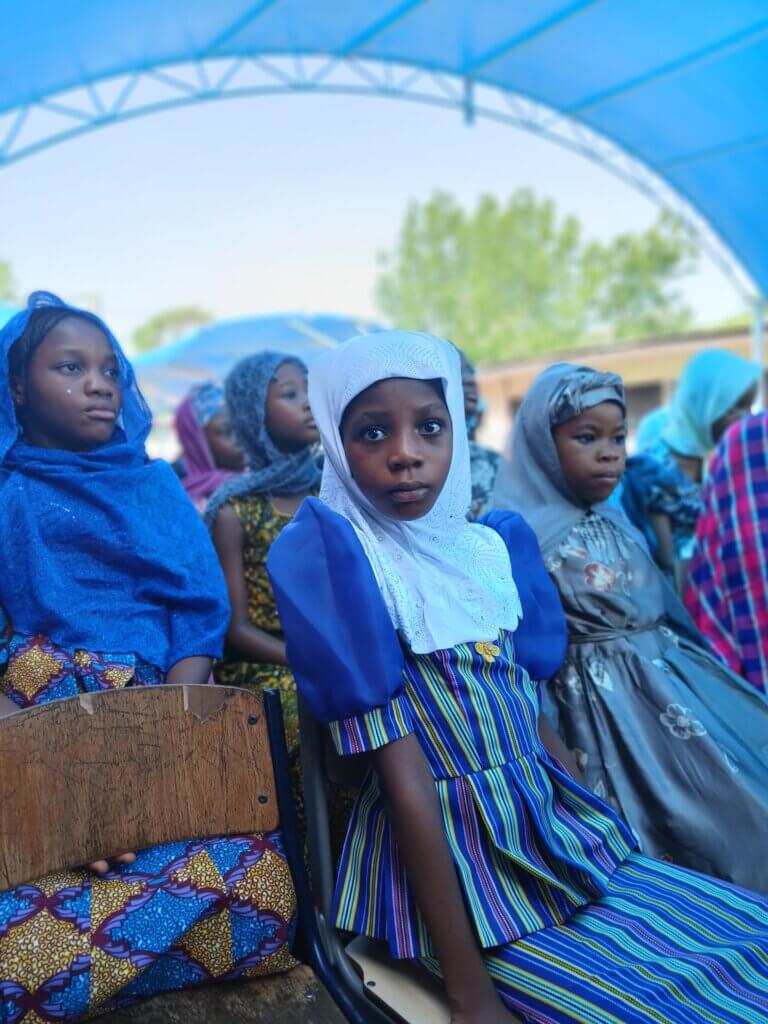
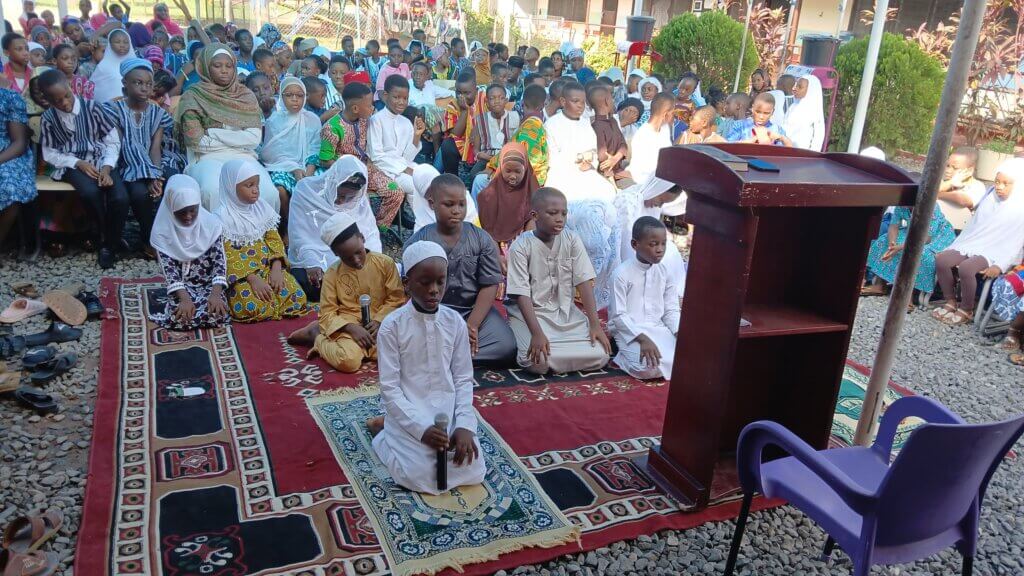
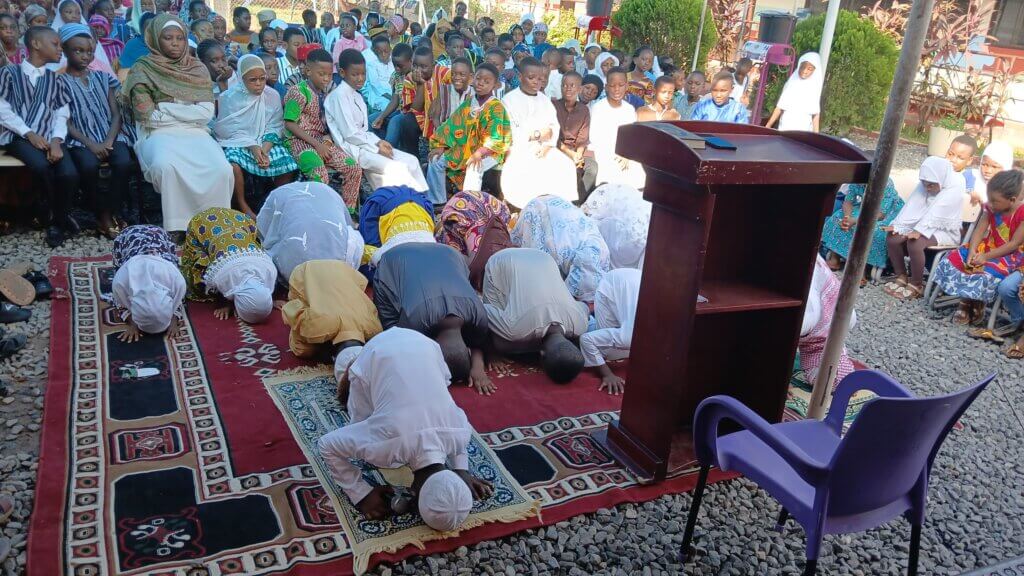
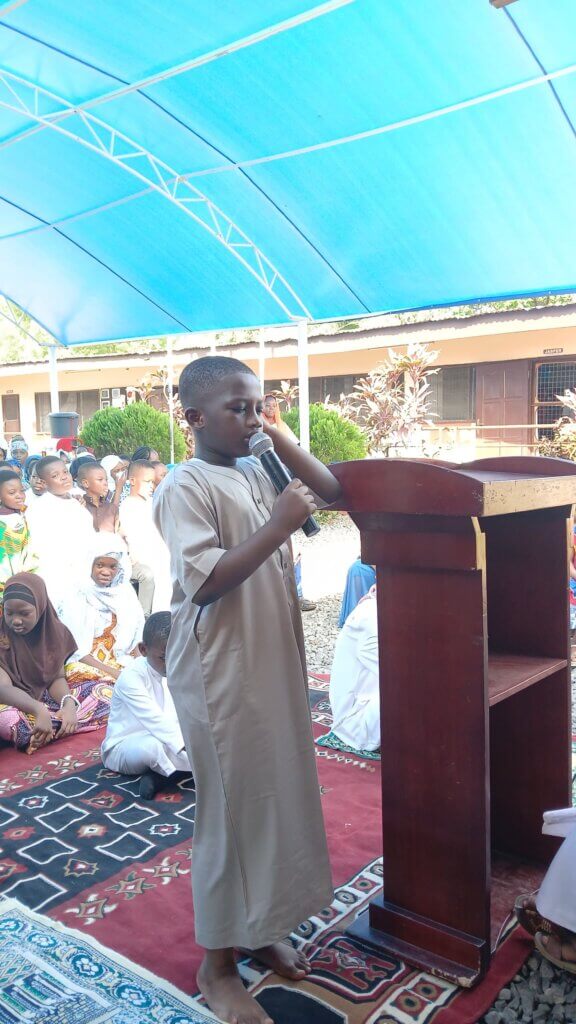
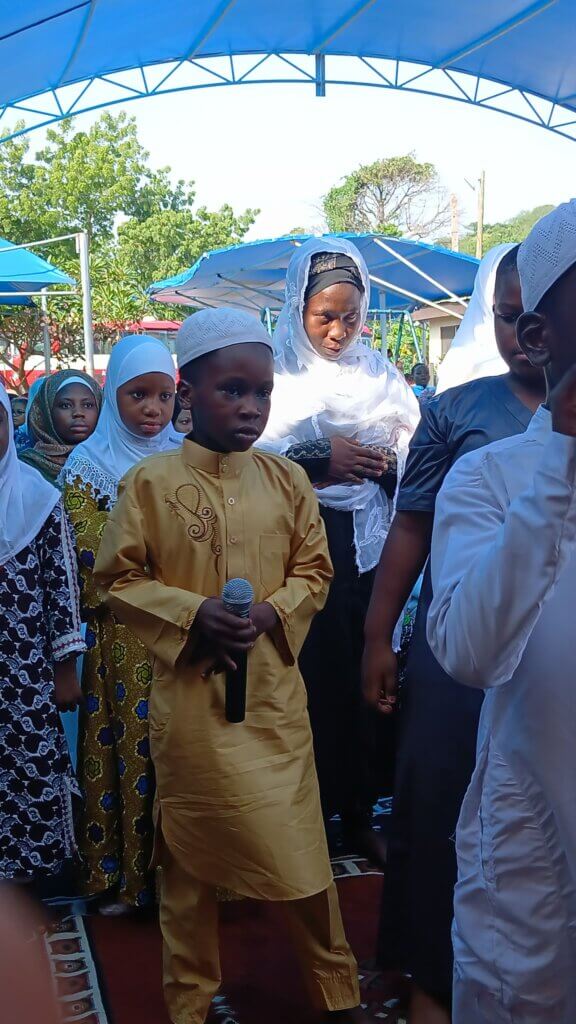
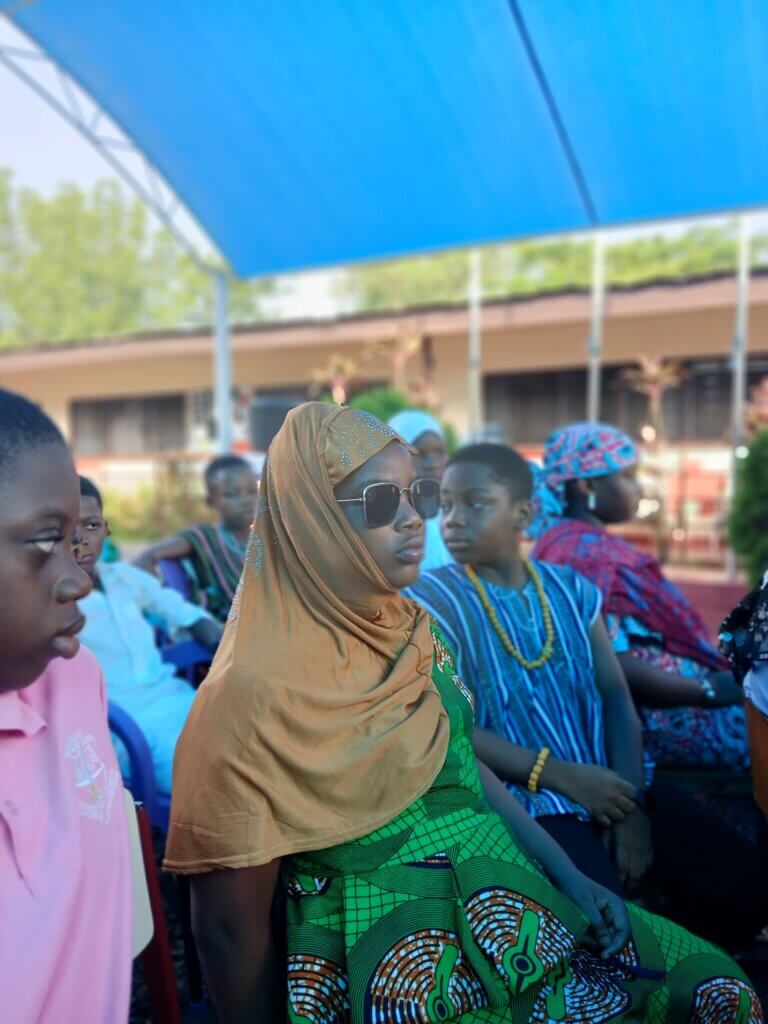
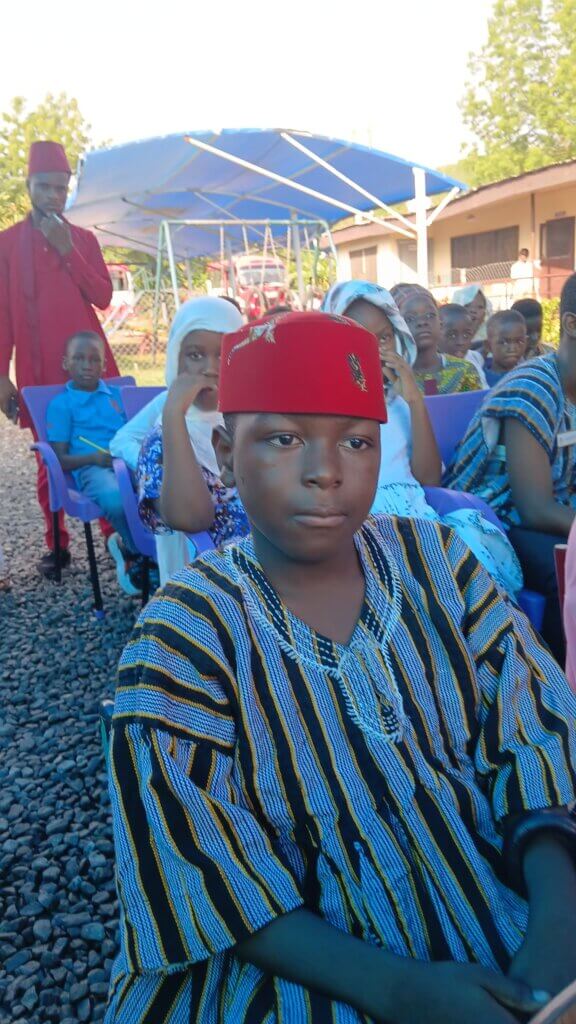
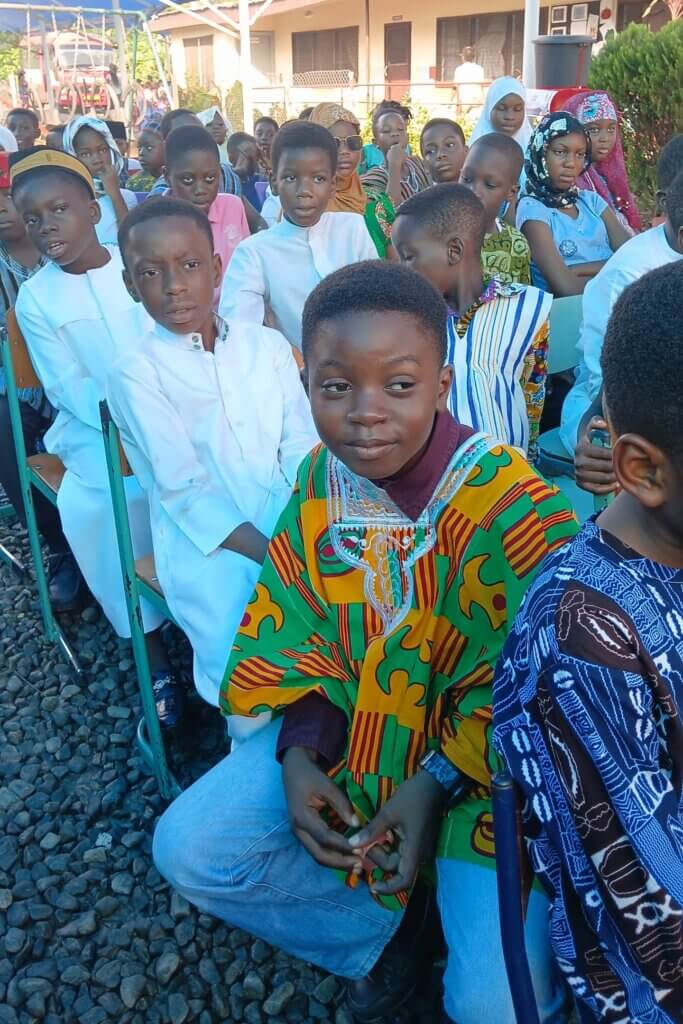
The Impact on Young Learners
Participating in Islamic worship offers numerous benefits for young children. The structured nature of Salat helps develop focus and self-discipline, skills that are invaluable in their personal and academic growth. The communal aspect of praying together strengthens bonds among the students, fostering a sense of belonging and mutual respect. For a school like Cuddle Me Montessori, which likely serves a diverse group of learners, such activities also promote understanding and appreciation of different beliefs, laying the groundwork for tolerance and empathy.
Conclusion
The Islamic worship event at Cuddle Me Montessori School on March 19, 2025, was a powerful example of how faith and education can intersect to enrich young lives. By involving learners in prayer with the help of their teachers, the school not only honored the spiritual importance of Ramadan but also provided a practical, engaging lesson in Islamic traditions. Through this experience, the students gained more than knowledge they developed a deeper connection to their faith and to one another, embodying the nurturing spirit that defines Cuddle Me Montessori School. In an increasingly diverse world, such initiatives highlight the value of integrating cultural and religious education into the classroom, preparing children to thrive as compassionate, thoughtful individuals.
